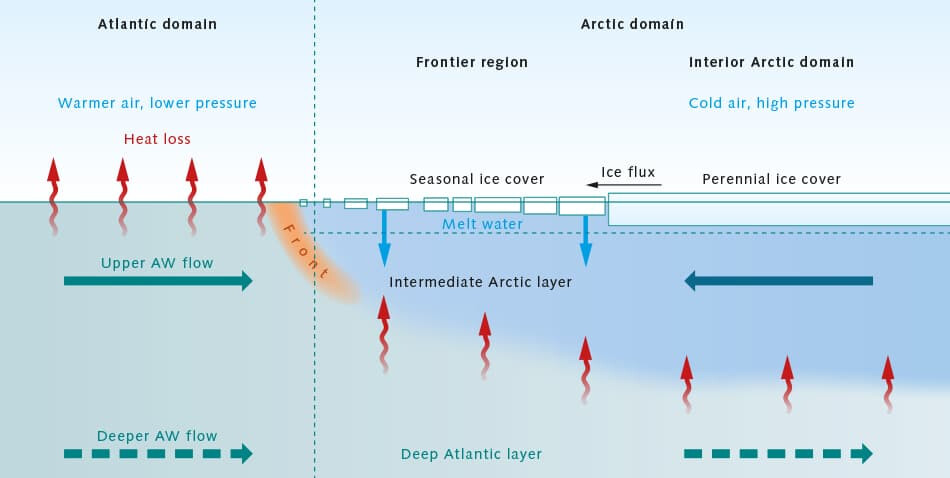
SEOUL — The Korea Polar Research Institute (KOPRI) has announced the discovery of a natural feedback mechanism in the Arctic that could help slow down the effects of global warming. The groundbreaking study, published in the international journal Environmental Research, provides new insights into the Arctic's complex role in the global climate system, suggesting the region is not just a passive victim of climate change but also a place where natural resilience is at work.
The research, led by KOPRI scientists Dr. Eunho Jang and Dr. Youngjun Yoon in collaboration with an international team, demonstrates how rising temperatures in the Arctic can trigger a process that leads to a "climate cooling effect." This mechanism begins when warmer temperatures cause a reduction in sea ice, which in turn stimulates the growth of marine microalgae, or phytoplankton, in the open water. These algae release a sulfur-based gas called dimethyl sulfide (DMS) into the atmosphere.
As the study's analysis of a decade's worth of data from the Zeppelin Observatory near the Dasan Station revealed, DMS from these microalgae plays a critical role in forming fine particulate matter, or aerosols. These aerosols act as cloud condensation nuclei, providing a surface for water vapor to condense on, thereby leading to the formation of brighter, more reflective clouds. These clouds then scatter incoming solar energy back into space, effectively cooling the surface below.
A key finding of the research is the specific role of first-year sea ice, which has become more prevalent as multi-year ice melts due to warming. The study found that the conversion efficiency of DMS to aerosols is highest in the springtime and is primarily driven by halogen oxidizers emitted from this newer, thinner ice. This suggests a powerful feedback loop: Arctic warming increases the amount of first-year ice and the biomass of microalgae, which then accelerates the formation of climate-cooling aerosols.
The discovery presents a new scientific perspective, demonstrating that the very climate changes threatening the Arctic may also amplify natural cooling agents. Shin Hyeong-chul, director of KOPRI, emphasized the study's significance, stating, "Our findings show that while the Arctic is a victim of climate change, it is simultaneously a place where Earth's own recovery mechanism is at work." This research was made possible through support from the Ministry of Science and ICT and a network of international collaborators, including teams from Hallym University, POSTECH, the Spanish National Research Council, Stockholm University, and the University of Florence.
[Copyright (c) Global Economic Times. All Rights Reserved.]




























